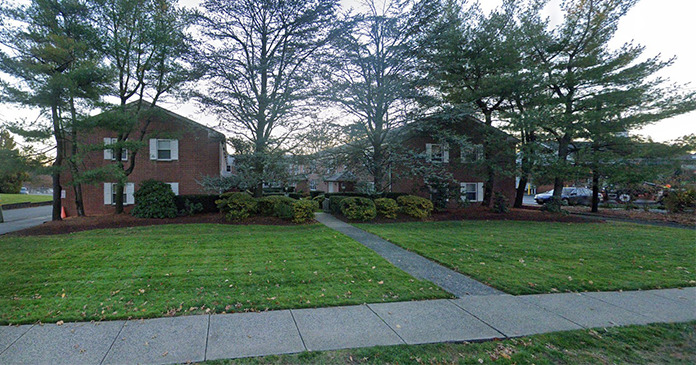California Senate Bill 466 was withdrawn by its author after failing a floor vote. At the same time, a proposed rent control ballot measure seems to be on its way to qualifying for the November 2024 ballot.
SB-466 defeated but not dead
SB-466 was introduced by Democratic Senator Aisha Wahab. It sought to modify the Costa-Hawkins Rental Housing Act, which passed in 1995, in order to expand the number of properties in California which could be subject to rent control. Costa-Hawkins exempts buildings constructed after 1995 from local rent control ordinances. SB-466 would not have imposed rent control itself, it only would have allowed local jurisdictions to impose it.
The bill was passed out of the 11-member Senate Judiciary Committee with 7 members, all Democrats, voting in favor. However, when brought to a vote on the senate floor, only 15 senators, all Democrats, voted to approve it. Passage requires 21 votes. Voting no were 16 senators, 8 Democrats and 8 Republicans. The remaining 9 senators did not vote on this measure.
The 40-seat California state senate contains 32 Democrats and 8 Republicans.
After defeating the bill, the senate voted unanimously to allow the bill to be reconsidered later. However, the bill was withdrawn by its author, so it appears to be dead for this term.
Opposition to SB-466 was led by the California Apartment Association (CAA). They managed to rally enough vocal opposition to the bill to defeat it this time around.
Another initiative fight looms
At a press conference at LA City Hall on May 25, supporters of the Justice for Renters Act initiative announced that they had collected more than enough signatures to qualify the measure for the ballot in the 2024 general election. This would mark the third time in 6 years that a rent control measure would be presented to the voters of California for approval.
The earlier measures were Proposition 10 in 2018 and Proposition 21 in 2020. Both measures were primarily backed by the AIDS Heathcare Foundation (AHF) and its leader, Michael Weinstein. Both were defeated after costly campaigns.
According to the California Secretary of State’s office, in the 2018 election, $26 million was spent by groups supporting Proposition 10 while $76 million was spent by groups opposing it. Proposition 10 was defeated with 59.4 percent of votes cast in opposition. In the 2020 election, $40 million was spent by groups supporting Proposition 21 while $59 million was spent by groups opposing it. Proposition 21 was defeated with 59.9 percent of votes cast in opposition.
The AIDS Heathcare Foundation is also the primary force behind the Justice for Renters Act. It is uncertain whether the third time will be the charm in their efforts to expand rent control in California. However, with the backing for AHF and Michael Weinstein, it is certain that the campaign to pass it will be well funded.













